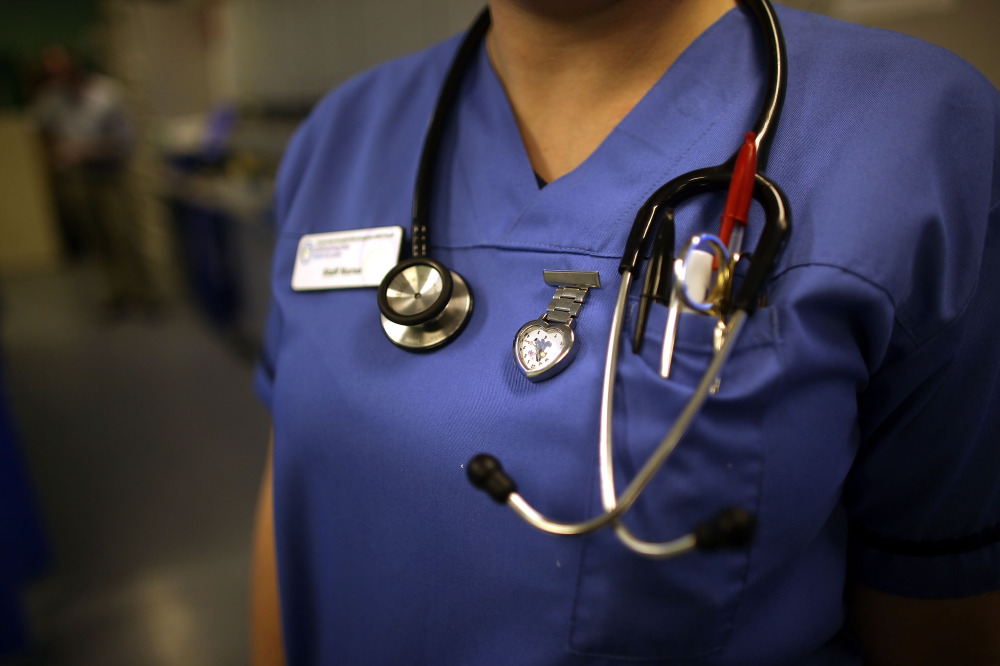One in seven people aged over sixty five are struggling to find the health information that they need because more and more services are moving online.

Generational Gap In How We Access & Use Health Services
The International Longevity Centre - UK (ILCUK) are finding that a generational gap is appearing in how we use the medical services available to us. The research revealed that older people will still use and trust doctors and nurses, while younger people are more likely to use online and telephone services to meet their medical needs.
Launching the report, ILC-UK argue that the diverse demands for health information across the generations strengthen the case not to cut traditional health information services and simply replace them with online and telephone services.
While older people still rely on doctors and nurses for most of their medical needs, younger people are more will to look elsewhere. Four out of five people aged twenty-four or below put more trust in pharmacists, compared to 56.7% of over sixty fives.
However, while the young trust pharmacists, it seems that they are happier to turn to the internet to search for health information. Only around 7 in 10 people in the UK said they would 'definitely' go to the doctor if they found a lump on their neck, or if they wanted information about a long-term illness, while only just over half (51.4%) would go to the doctor for information about staying healthy.
There is also a difference in the levels of health amongst the different age groups in the country. Older people in the UK are more likely to report very good or excellent than those in Germany, France or Portugal. While 12% of people under the age of twenty four in the UK reported fair or poor health - which is a much higher level than those in German, France and Portugal.
Younger people in UK are twice as likely as older people to "definitely" contact a medical helpline in the event of finding a lump on their neck. Levels of trust in medical helplines declines with age in the UK. And just 5.4% of people aged 34 or under and 7.2% of those over 55 would find it helpful to get more health information from this source.
Sally-Marie Bamford, Research Director at ILC-UK said "said "Whilst the majority of us do not find it difficult to access health information, this research highlights that there are millions who struggle. This research highlights that there isn't a one size fits all solution. Older and younger people trust and use different sources of health information.
"If we are to have an empowered and healthy older population, improving access to health information is vital. As new ways of communicating become more commonplace, we must not forget the diversity of our population. We must work to raise the health literacy of all ages."

